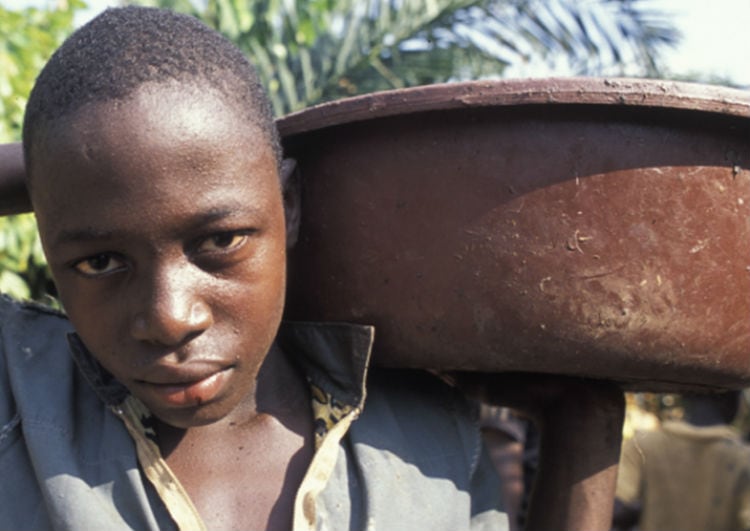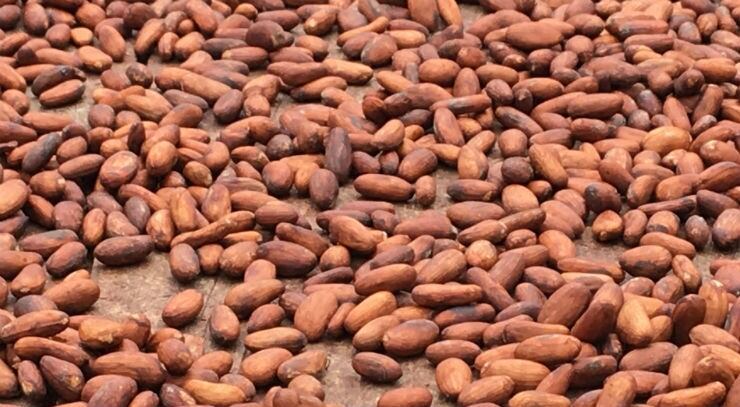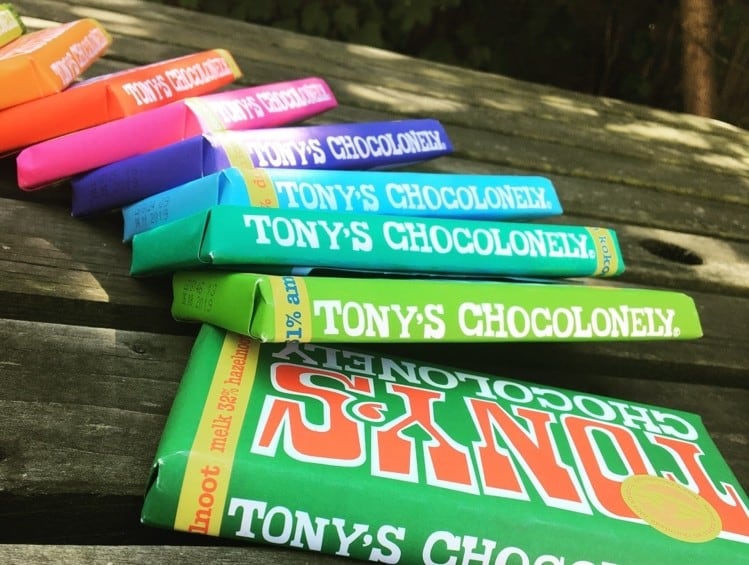Eight young males from Mali accused Hershey, Nestle, Cargill, ‘and others’, liable for child slavery on the country’s cocoa farms.
Reuters has reported that US District Judge Dabney Friedrich said the plaintiffs in the proposed class action lacked standing to sue because they did not show a "traceable connection" between the seven defendant companies and the specific cocoa farms where they worked.
She said the plaintiffs also did not adequately explain the role of intermediaries in the cocoa supply chain, noting the companies did not monitor activity in "free zones" where approximately 70% to 80% of the cocoa is produced.
In previous depositions, the plaintiffs said they were trafficked as children after being approached by unfamiliar men who promised paying jobs, but were ultimately not paid for their labour, threatened with starvation if they did not work, and required to live in squalor.
Their lawyer, Terry Collingsworth, told Reuters the plaintiffs plan to appeal, hoping to "force the companies to keep their own promises and end this abhorrent system they have created."
Other defendants named in the lawsuit included Mars Inc, Mondelez International, Barry Callebaut and Olam International.
In a statement to the court, the companies said they "strongly condemn the use of forced labour" and were working to address non-forced child labour in cocoa supply chains.
As previously reported by ConfectioneryNews, the plaintiffs had sued under the federal Trafficking Victims Protection Reauthorization Act.
In June 2021, the US Supreme Court threw out a similar lawsuit by six Malian citizens against Cargill and Nestle brought under the Alien Tort Statute, a 1789 federal law.



